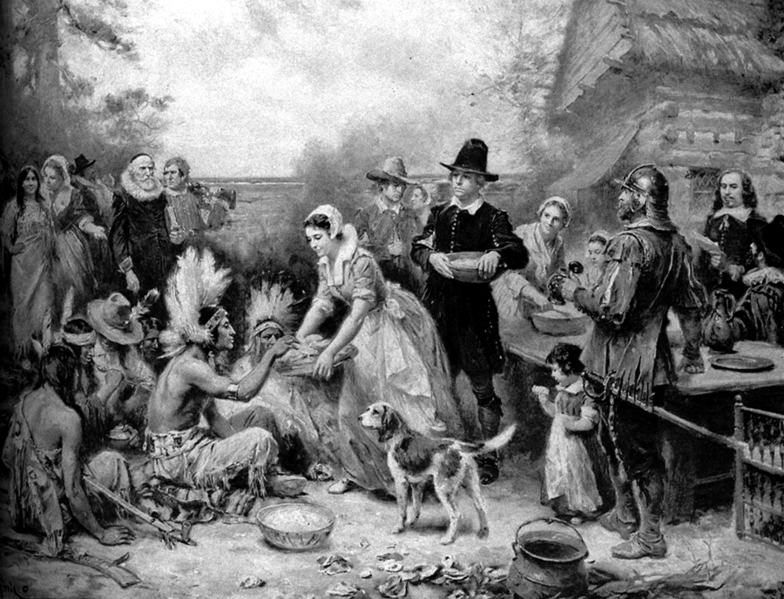 Unlike many others who are discussing the pros and cons of the language of Issue 3, the Institute for Principled Policy believes there are larger underlying reasons for advocating a NO vote on this Ohio ballot initiative. We have shared these concerns before as a general position on the question of gambling expansion, but they are just as relevant in the current debate as in any other debate over gambling, state sponsored or privately owned.
Unlike many others who are discussing the pros and cons of the language of Issue 3, the Institute for Principled Policy believes there are larger underlying reasons for advocating a NO vote on this Ohio ballot initiative. We have shared these concerns before as a general position on the question of gambling expansion, but they are just as relevant in the current debate as in any other debate over gambling, state sponsored or privately owned.
“Does the Bible specifically speak to gambling as being not only a sin but something which the civil authority, bearing the sword under Romans 13 authority, can make a determination upon relative to the legality of such activity?
First, there must be some clarity in the choices of words we are using. Gambling, as defined by Webster’s 1828 dictionary, is as follows: “Gaming for money.†Let’s assume that this definition is agreed upon for purposes of usage of the word. Please notice that this definition would exclude the gathering of friends coming together to play a card game without money changing hands, but would not exclude organized gambling (casinos, lotteries, bingo parlors, monte carlo nights, etc.)
Given that gambling, defined correctly as “gaming for moneyâ€, is a clear violation of the 10th Commandment (thou shalt not covet) in that it is desiring something of value which you have not been given by God nor earned by your labor, then we need to look at how the Bible describes coveting or covetousness.
Colossians 3:5-6–â€Mortify therefore your members which are on the earth, fornication, uncleanness, the inordinant affection, evil concupiscence, and covetousness which is idolatry. For the which things’ sake the wrath of God cometh on the children of disobedience.†(1599 Geneva)
Ephesians 5:5–â€For this ye know, that no whoremonger, neither unclean person, nor covetous person, which is an idolater, hath any inheritance in the kingdom of Christ, and of God.†(1599 Geneva)
Covetousness is the root of evil before the act. Given that the Bible equates coveting with idolatry, and that gambling is the act of gaming for money as a result of coveting more than you have been given or earned from your labor, it is a violation of the command against coveting, then bythe clear testimony of Scripture and logical inference , it is also a violation against creating a idol (2nd Commandment).
Additionally, engaging in gambling involves relying on “chanceâ€, “luck†or other metaphysical crutches (rabbit’s feet, lucky charms, lucky numbers, etc), thus denying the sovereignty of God and His Law-Word. This is a violation of the First Commandment against having other gods. Matthew 6:24 is clear that one cannot serve both God and mammon (â€No man can serve two masters: for either he shall hate the one, and love the other, or else he shall lean to the one, anddespise the other. Ye cannot serve God and riches.â€) Only one God can be served, and engaging in gambling is worship of a false god.
As for the 8th Commandment against theft, the first person violated is God Himself. God has a first ownership claim over all resources, and requires it be used in specific ways (tithe, legitimate tax, gifts, provide for own and own home, church, provide for widows and orphans, etc). We have a stewardship responsibility of all God provides, and failure of that disqualifies a man from oversight of the church (Titus 1:5-8) and the state (Exodus 18:21).
Additionally, we are complicit in the theft of resources from others through the legalization of gambling (and there is no such thing as a purely “private†gambling operation; just legal and illegal–government has some part to play in any operation through enabling legislation, tax policy, police and safety efforts, etc). Redistribution of wealth under any circumstances, whether through confiscatory taxation or through state-endorsed gambling is theft.
Overall, as mentioned, supporting gambling is supporting multiple violations of God’s Law, whether or not man has said it is legal.”
In light of the above, the Institute for Principled Policy requests that you vote “NO” on Ohio State Issue 3 on the November 3rd ballot.


 Most grassroots movements have the same fundamental parts to them, with the tea party movement being a notable exception. Understanding those parts will help activists and candidates to generate and sustain momentum and support for your issue.
Most grassroots movements have the same fundamental parts to them, with the tea party movement being a notable exception. Understanding those parts will help activists and candidates to generate and sustain momentum and support for your issue.